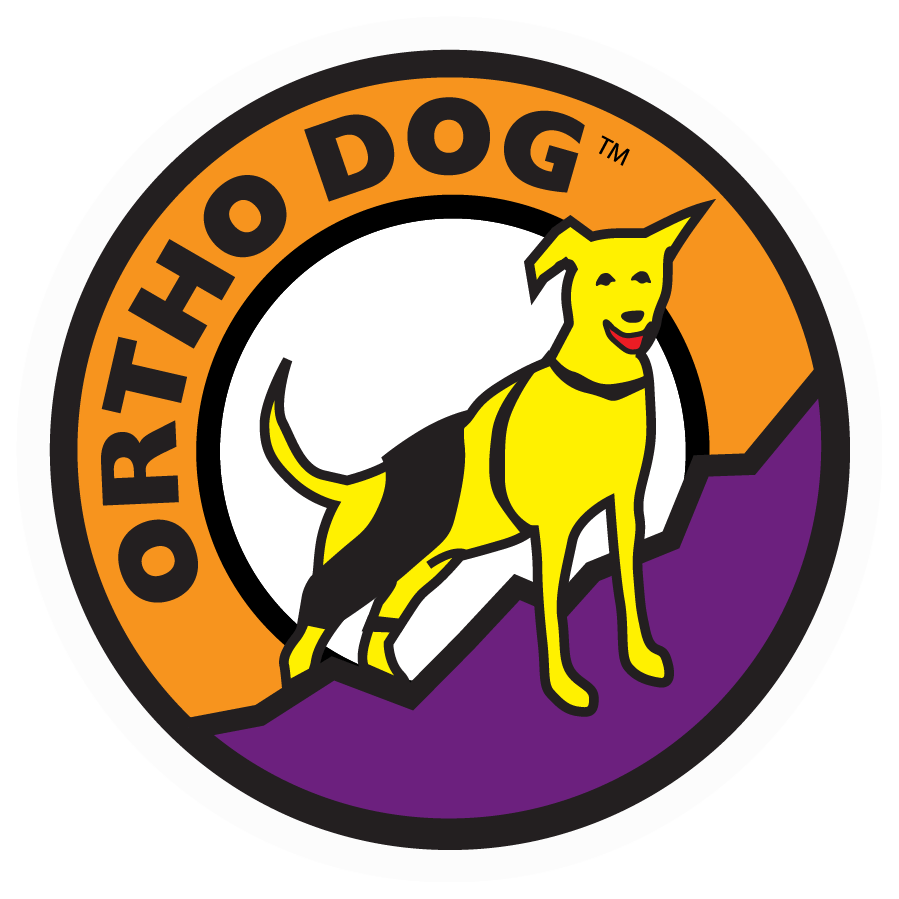Labradoodles are no doubt one of the most adorable dog breeds. Over the last few years, their popularity has skyrocketed, not only because of their adorable faces and curly locks. Labradoodles are also incredibly smart, loyal, and friendly. They are also low-shedding and hypoallergenic, a trait they’ve inherited from their Poodle parentage.

Unfortunately, because Labradoodles are a cross between a Poodle and a Labrador they do have associated health challenges. Labradoodles are more susceptible to common diseases and ailments that plague larger breeds of dogs like hip dysplasia and arthritis. Likewise, Goldendoodles (Golden Retrievers crossed with Poodles) and Bernedoodles (Bernese mountain dogs crossed with Poodles) will also be more likely to get hip dysplasia and arthritis.
Labradoodles and Hip Dysplasia

While hip dysplasia can affect any breed or size of dog, genetics is one factor contributing to the development of hip dysplasia. Labradors have a genetic predisposition to hip dysplasia that can be passed on to Labradoodles.
Canine hip dysplasia (CHD) is a malformation of the hip joint where the ball and socket do not fit together normally and the bones rub together causing pain in instability. Larger dogs can be more susceptible to CHD because of their growth rate. They grow larger and heavier more quickly, which can cause hip joint development issues.
Preventing Labradoodle Hip Dysplasia
Labradoodle dog breeders can prevent the spread of hereditary hip dysplasia by screening dogs for the disease as well as conducting health testing that rates dogs’ hip joints. Ask your Labradoodle breeder if they have documentation regarding hip health and hereditary diseases.
If your Labradoodle is genetically predisposed to CHD it’s important to keep your dog fit and healthy, as excess weight may cause your Labradoodle to develop hip dysplasia earlier.
Learn more about Hip Dysplasia Signs and Symptoms.
Support for Hip Dysplasia
If your Doodle is showing signs of hip dysplasia, consider an Ortho Dog Hip Hound Brace.

Is a Hip Hound Brace right for your pup?
Designed for dogs who suffer from arthritis and mild to moderate hip dysplasia.
Labradoodles and Elbow Dysplasia
There is no clear consensus on whether Labradoodles are more likely to develop elbow dysplasia compared to other breeds. Elbow dysplasia is a hereditary condition that affects the development of the elbow joint and can lead to arthritis and pain.
Elbow dysplasia is a complex trait that can be influenced by multiple genetic and environmental factors. This means that the risk of elbow dysplasia can vary widely even within the same breed.
As with hip dysplasia risks, regular veterinary check-ups and keeping your labradoodle happy and healthy may help reduce the risk of elbow dysplasia and other joint problems.
Arthritis in Labradoodles
Arthritis is a progressive condition that causes inflammation and damage to the joints, leading to pain, stiffness, and reduced mobility. It’s estimated that up to 20% of all dogs will develop arthritis at some point in their lives. While arthritis is one of these most common conditions in older dogs, it is not inevitable for all dogs as they age.
The prevalence of arthritis in Labradoodles is not well documented and can vary depending on several factors, such as genetics, environment, and lifestyle. Labradoodles are a mixed breed that is relatively new compared to purebred dogs, which means there is limited information available about their health conditions. However, both Labrador Retrievers and Poodles, the breeds that make up Labradoodles, are known to have a higher risk of developing certain types of arthritis.
Preventing Arthritis in Labradoodles
While it may not be possible to prevent arthritis completely in genetically predisposed aging Labradoodles, there are steps you can take to manage the symptoms of arthritis.
Early detection is important, so be sure to take your Doodle to regular vet check-ups. Your veterinarian may recommend joints, supplements, and holistic interventions to support joint health. and appropriate management can help slow the progression of arthritis and improve your Labradoodle’s quality of life. This may involve lifestyle changes, such as weight loss and exercise modification, as well as medication, joint supplements, and other therapies as recommended by a veterinarian.
Support for Arthritis
Ortho Dog has several braces that can support a Doodle suffering from Arthritis. Talk to your vet about which brace may be right for you.
Learn more about Arthritis Support.


